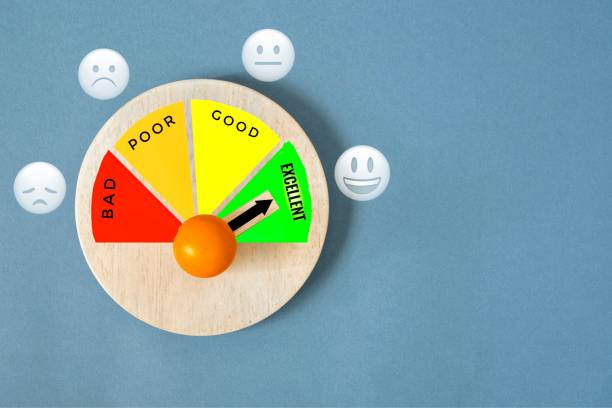
The relationship between overextended personal debt and credit score damage is a profound and destructive feedback loop, each fueling the other in a c...
Read More
The crisis of overextended personal debt is a complex financial state where liabilities become unmanageable, and its profound impact on an individual‚...
Read More
The phenomenon of overextended personal debt is not merely a financial condition but a complex web of interconnected core concepts that trap individua...
Read More
In the realm of personal finance, few concepts are as crucial yet as commonly conflated as the credit report and the credit score. While the terms are...
Read More
The short answer is that enrolling in a formal hardship program can impact your credit score, but the nature of that impact is nuanced and often less ...
Read More
The weight of managing multiple debts can feel overwhelming, leading many to consider debt consolidation as a path to simplicity and financial control...
Read MoreCreate a strict budget, use cash or debit for expenses, and avoid unnecessary credit card use. Build an emergency fund to cover unexpected costs without credit.
Focus on high-interest debts (avalanche method) or smallest balances first (snowball method) to save money or build momentum.
Common mistakes include: creating an unrealistic budget that is too restrictive, forgetting to budget for irregular expenses (like car maintenance), and not including a small category for guilt-free spending, which leads to burnout.
The long-term consequence is that money that should be going toward retirement savings, college funds, or building an emergency fund is instead diverted to pay high interest on past childcare costs, creating a future financial hole.
Signs include: using BNPL for everyday essentials, needing to use another form of credit (like a credit card or payday loan) to make your BNPL payments, losing track of how many plans you have active, and feeling stressed about the upcoming payments.